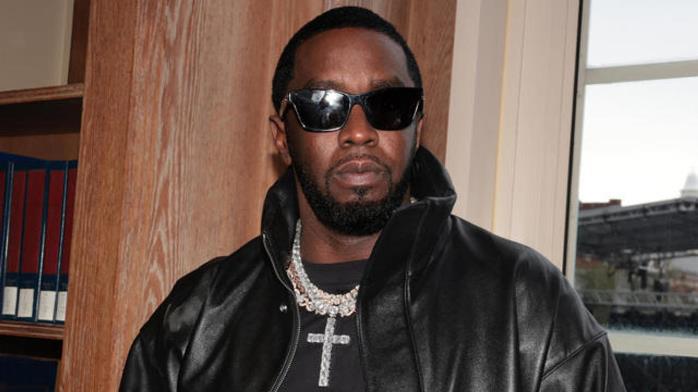In response to the escalating tensions between Iran and Israel, Abbas Araghchi, Iran’s Foreign Minister, recently made a resolute statement. Araghchi clarified that while there is currently no formal ceasefire agreement in place, Tehran is open to halting its attacks provided certain conditions are met.
Araghchi delivered a decisive ultimatum, indicating that Iran would halt its assaults if Israel put an end to what Iran deems as “illegal aggression” by a designated deadline of 4 am local time. This ultimatum serves as a robust expression of Iran’s stance in the ongoing conflict.
In a significant development, US President Donald Trump intervened with a public address concerning the conflict.
Trump declared that Israel and Iran had reached a ceasefire agreement to terminate the so-called “12-day war”. The nuanced truce, as outlined by Trump, is anticipated to be phased in gradually over a 24-hour span, introducing a layer of intricacy to the situation.
Escalation of military actions
Preceding these diplomatic developments, Iran executed a series of missile strikes directed at a US military base in Qatar.
This retaliatory maneuver was a direct response to US strikes on Iranian nuclear installations, underscoring the complex and volatile nature of the conflict.
Accounts from Iran depict a somber picture of the human cost of the conflict. The toll encompasses over 400 individuals, including 13 children, reported deceased, and more than 3,056 others injured since Israel initiated its offensive on June 13.
Similarly, in Israel, at least 24 lives have been lost due to Iranian attacks, emphasizing the tragic repercussions of the conflict on both sides.
Check also;
- Iranian Missiles Damage Hospital In Southern Israel
- Iran Vows To Retaliate Over US Attacks; Trump Warns Of Regime Change
Please use the button below to contribute to Newslex Point, Inc. using a credit card or via PayPal.

 Newslex Point News in Uganda, Uganda news
Newslex Point News in Uganda, Uganda news












